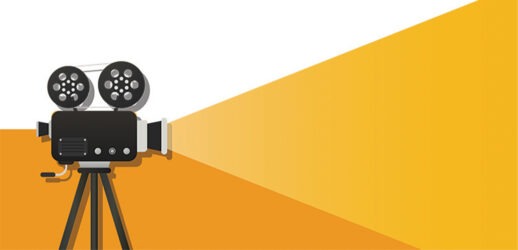First impressions can make or break an event. Registration has come a long way, from scribbling a name on a lapel sticker to preprinting a badge and setting it out on a table in alphabetical order, to today’s integrated digital registration solutions. Devices have gotten smaller and internet connections faster. Opportunities to customize the attendee experience while gathering information to improve the conference are more actionable than ever before.
A recent Smart Meetings webinar outlined the questions event professionals need to ask if they are considering stepping up their welcome process.
Shorter Lines, More Interaction
Joe Skiados, senior manager for on-site solutions from Cvent, outlined the benefits of switching to digital registration.
- Eliminate long lines (this wastes attendee time and manpower if manually looking up names and locating badges is causing people to queue for more than a few minutes).
- Cancel the pre-event badge-printing and stuffing parties (this time can be used more strategically to plan logistics).
- Enhance engagement during registration rather than focusing on finding badges stacked on a table (team members can deliver messaging and collateral while attendees check in on an iPad or kiosk).
Streamline, Track, Report
Whether you rent or buy equipment depends on how often you use it, but Skiados had some suggestions for getting the most out of the registration technology.
- Arrange for Internet connection redundancy to pull and push data in real time so even if something goes wrong, you will still be able to access information, and no one will know.
- Even if the badge-printing process is automated at kiosks similar to the ones people are already comfortable using at airports, make staff available to direct traffic, answer questions and talk about the conference.
- Use experience from previous conferences to determine peak flow times, and staff accordingly.
- Use a scannable QR code from the app to deliver badges and drive traffic to the app.
- Measure success on multiple levels to increase the quality of actionable intelligence collected. (For the planner that could mean speeding up registration, for the speaker it could be tracking who attended a keynote and whether they left early, and for a marketing person it could mean funneling leads from sign-up to arrival, setting up meetings, visiting booths and registering for the following year.)
- Consider selling registration sponsorships and including branding on lanyards, badges, registration touchscreens or surrounds, or even tables near the registration desk.
- Follow the attendee journey with RFID technology or badge scanning to find who is attending what sessions, and adjust the following year’s program based on how people are engaging.
- Use the technology to easily record educational credits.
- Use aggregated results to report back to sponsors and potential sponsors about results.




